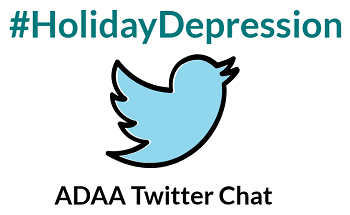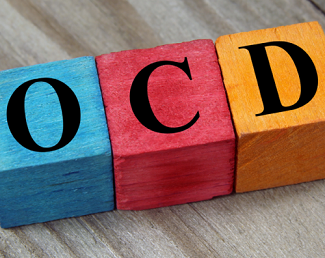ADAA Mental Health Blogs for the Public
If anyone knows how stressful the holiday season can be, it’s Santa Claus. I've often wondered how he's able to keep his cool when things are heating up at the North Pole. I recently interviewed Santa and asked him how he handles holiday stress. Here's what he had to say.
KEN: Santa, how do you stay so jolly during the holiday season?
Welcome to the big leagues, kid. You’re an adult now with a new job. You’ve been working for this all your life. Don’t screw it up!
Sound familiar?
Your brain may be using different words, but if you just started a new job, there’s likely some version of it playing in your head.
October was Selective Mutism Awareness month. Even though the month is over, it’s still fresh enough on the mind to keep the conversation going, as Selective Mutism (SM) is an anxiety disorder that deserves attention. Everyone knows what anxiety is, but far fewer have heard of, or know what Selective Mutism is.
Six months ago Megan, age 32, ended her engagement. Her friends were relieved. Megan’s fiance, James, was controlling and critical. He told Megan she needed to make more money, exercise more, and come up with some interesting hobbies. Whatever Megan did wasn’t quite...enough. Megan realized that she didn’t want to marry a man like James. Megan realized how much James reminded her of her mother. Megan’s mother had always pushed her hard to excel; her disappointment left Megan devastated.
On November 13, 2018, ADAA held a Twitter chat under the title #HolidayDepression. ADAA members Mary Alvord and Shane Owens answered questions on coping with depression during the holiday season.
Q1: How common is depression during the holidays?
We conceptualize OCD as a biologically based mental health disorder whereby a person experiences intrusive unwelcome thoughts (obsessions) and engages in rituals (compulsions) to get rid of the anxiety (or any uncomfortable feeling) associated with these thoughts.
Often overlooked in conceptualizing OCD are the physical sensations that folks may focus on, rather than a primary disturbing thought.











